Thorough Well Water Screening for Homeowners
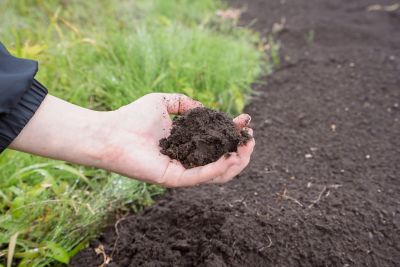
Samples are collected from multiple points within the well to ensure comprehensive analysis of water quality and potential contaminants.
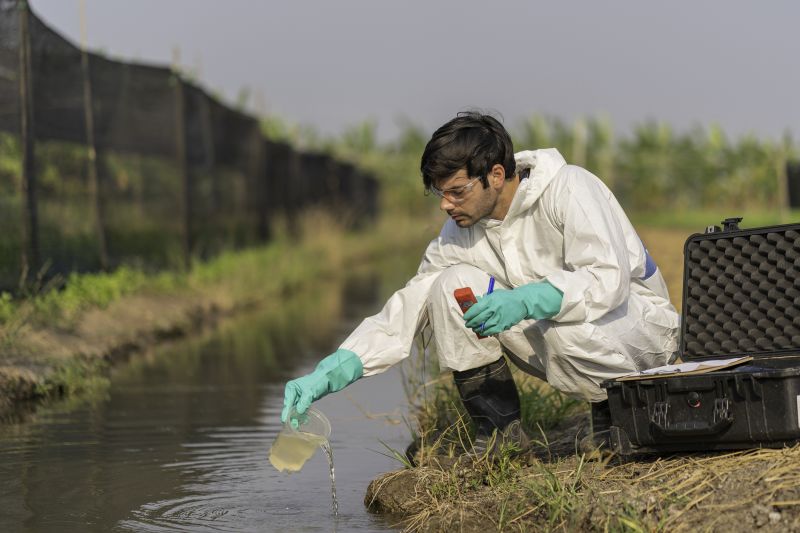
Collected samples are analyzed in laboratories to detect pollutants, bacteria, and chemical levels, providing accurate data on water safety.
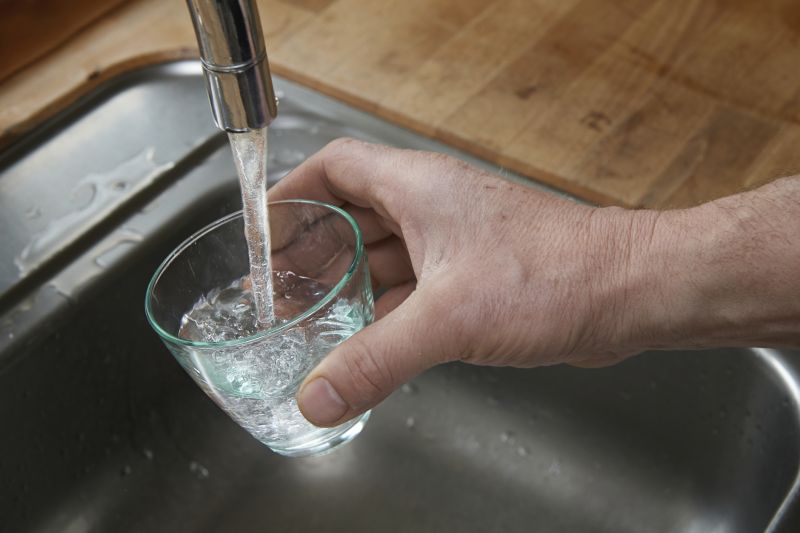
Results are reviewed to assess water safety, identify potential health risks, and determine necessary treatment options.
Well water testing is a critical step in ensuring the safety and potability of water sourced from private wells. Regular testing can identify contaminants such as bacteria, nitrates, heavy metals, and chemicals that may pose health risks. The process involves collecting water samples and analyzing them for various pollutants, often revealing issues that are not visible through simple observation. Proper testing helps in maintaining water quality and complying with health standards.
Statistics indicate that a significant percentage of private wells contain contaminants that exceed safety guidelines. Regular testing is recommended at least once annually, especially in areas prone to agricultural runoff or industrial pollution. Timely detection of issues can prevent health problems and reduce costly treatment measures, making professional testing an essential part of well maintenance.
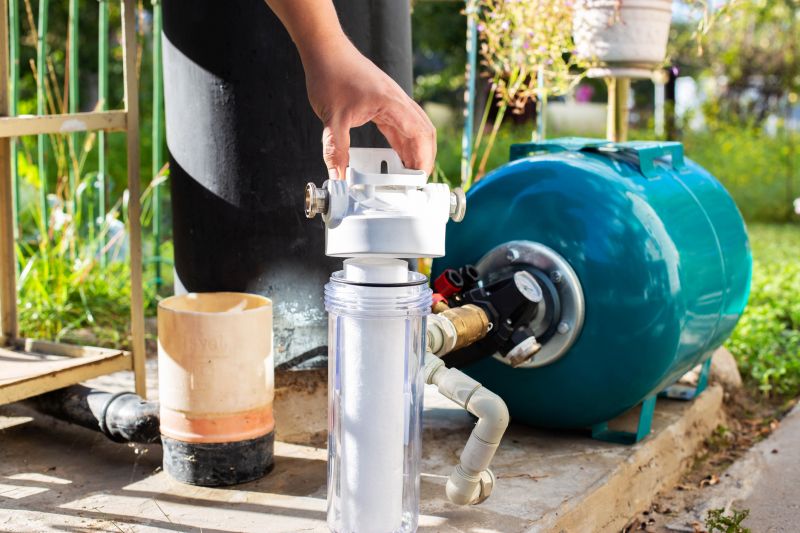
Technicians carefully collect water samples from multiple well points to ensure comprehensive testing.
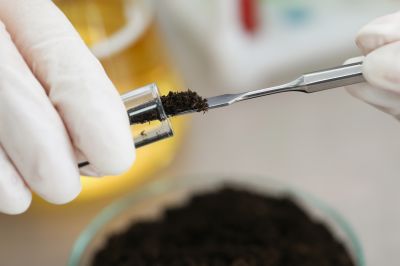
Samples are analyzed in certified labs to detect contaminants and assess water safety.
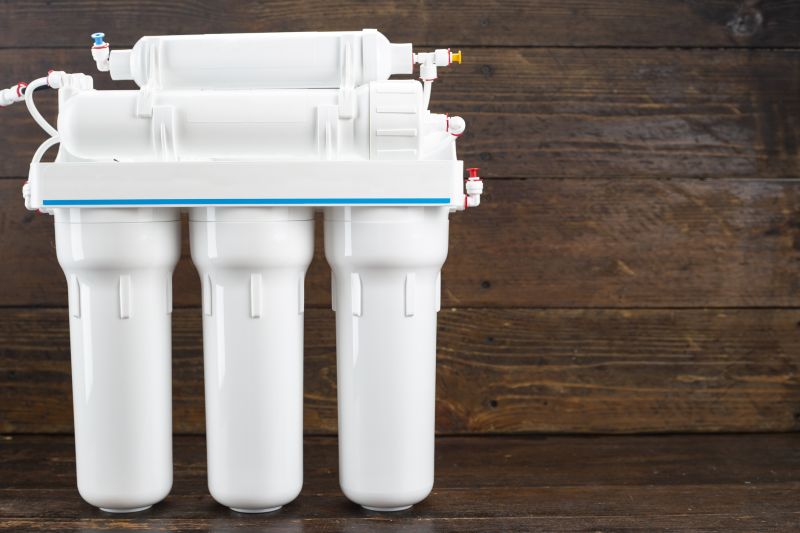
Detailed reports provide insights into water safety and necessary treatment steps.
Completing a well water testing process provides valuable insights into the safety and quality of drinking water. It helps identify potential health hazards and ensures that water meets safety standards. Regular testing, especially after significant weather events or nearby land use changes, is recommended to maintain water safety.
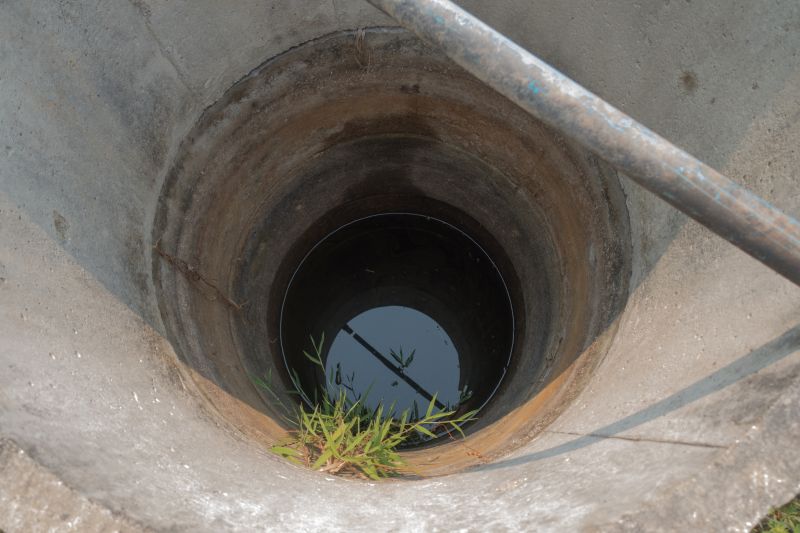
Visual inspection of the well after testing to identify any physical issues or contamination sources.
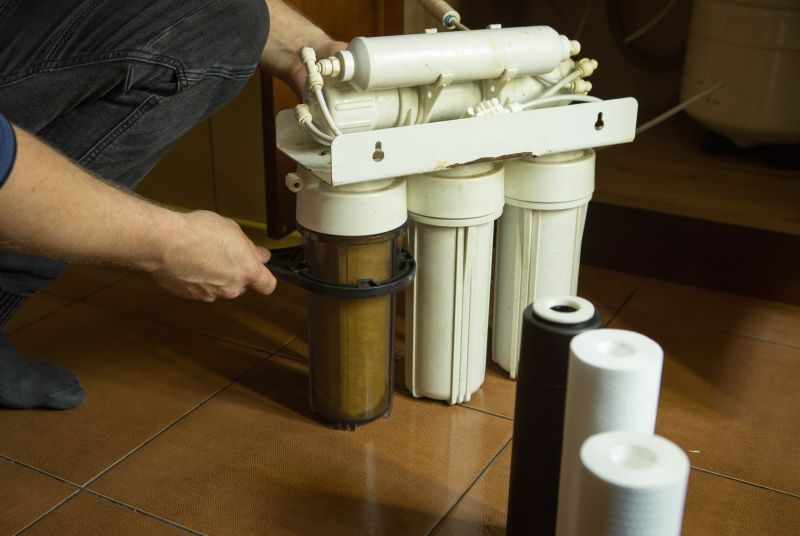
Installation of filtration or purification systems based on testing results.
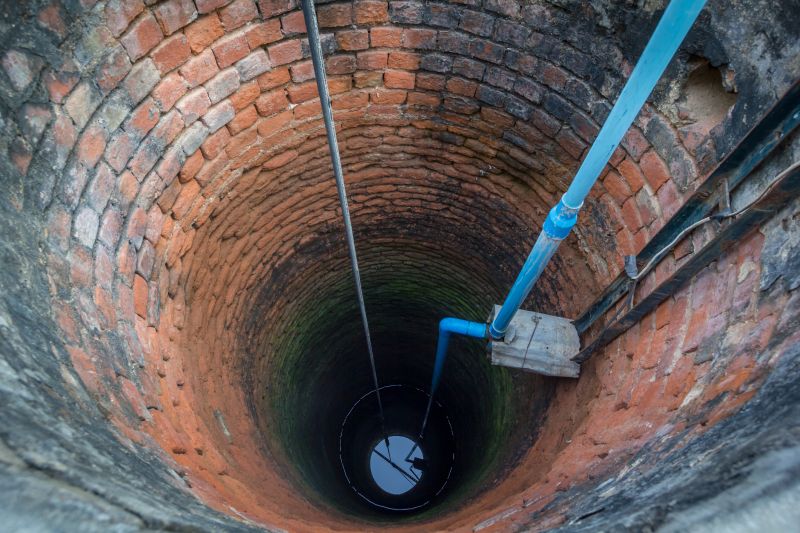
Completed maintenance ensuring well integrity and water safety.
Properly conducted well water testing and subsequent maintenance help ensure safe drinking water and reduce health risks. Regular assessments and timely interventions are vital for maintaining water quality over time.
For those interested in obtaining a comprehensive well water testing service, filling out the contact form is an effective way to receive a detailed quote and schedule testing at a convenient time.
